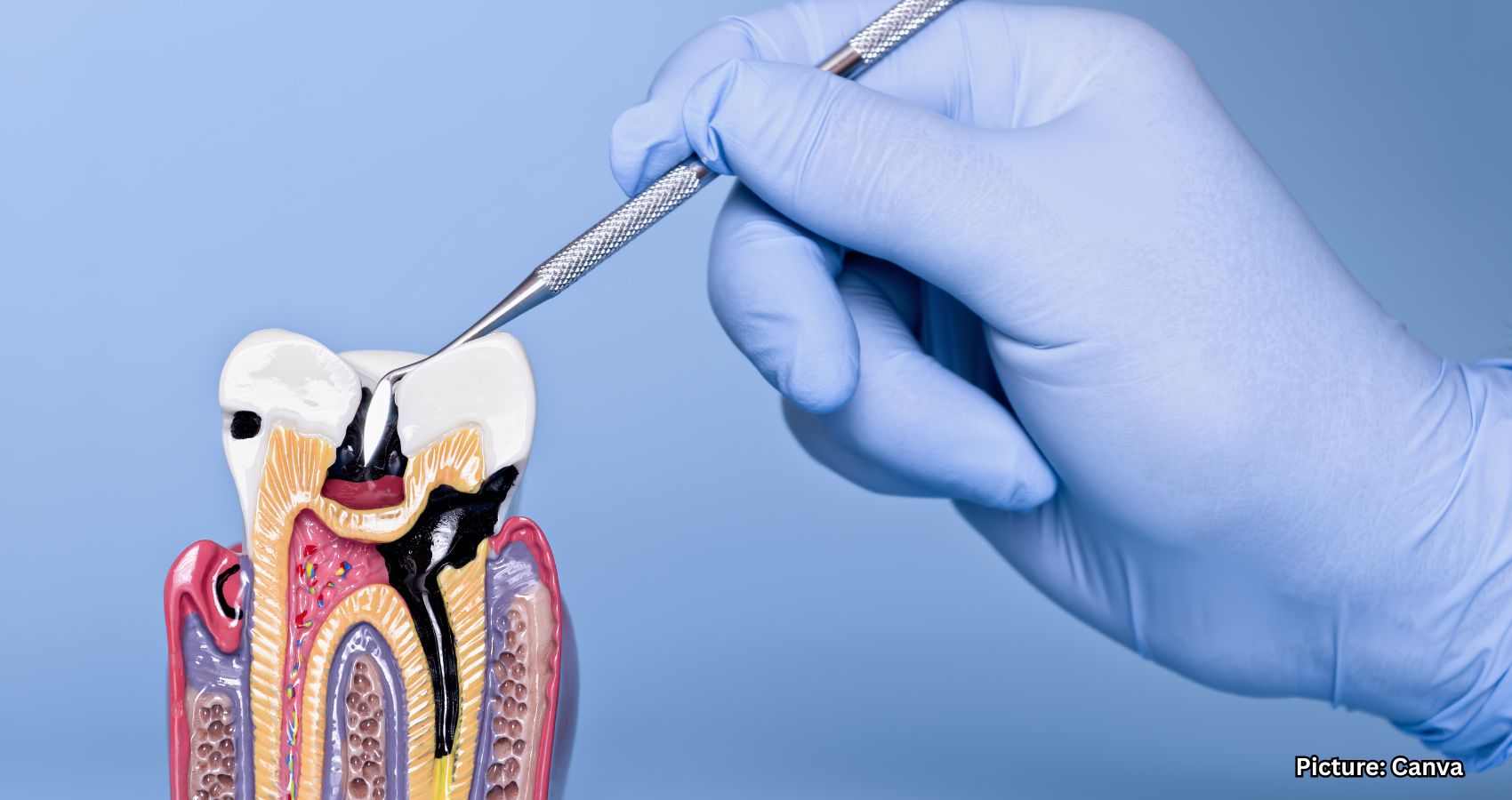A recent study indicates that treating gum disease may lower cardiovascular risk by 10% annually, highlighting the significant heart health benefits of intensive dental cleanings.
A new study conducted by researchers at University College London (UCL) reveals that treating gum disease can significantly reduce cardiovascular risk. The findings suggest that intensive dental cleanings may provide heart health benefits beyond improving oral hygiene.
The two-year study focused on individuals suffering from periodontitis, a severe form of gum disease. Participants who received intensive treatment, which included a full-mouth deep cleaning and regular follow-ups, exhibited slower thickening and clogging of a major neck artery compared to those who only received routine cleanings. The research was published this month in the European Heart Journal.
In this randomized controlled trial, 135 adults with periodontitis were tracked at UCL’s Eastman Dental Institute. Periodontitis can arise from various factors, including poor oral hygiene, genetics, smoking, and uncontrolled diabetes. At the 12- and 24-month marks, those who underwent intensive deep cleanings showed reduced gum inflammation and fewer bacteria entering their bloodstream. Their arterial health was also notably better than that of participants who received standard scale-and-polish care, which primarily removes plaque and tartar buildup.
Dr. Marco Orlandi, a co-author of the study, noted that participants receiving intensive gum disease treatment experienced a 0.02 millimeter reduction in the thickening of their carotid arteries over the two-year period. “This is a significant result, as even a 0.01 millimeter reduction corresponds to a 10% decrease in cardiovascular disease risk,” Orlandi explained. He emphasized that this suggests participants may have reduced their risk by approximately 10% each year.
Healthcare professionals often monitor the thickness of the carotid artery wall as an early warning sign for clogged arteries, which can lead to heart attacks and strokes. Although this study did not track actual heart events, the observed changes in arterial health and reduced gum inflammation suggest that improved oral health could play a role in combating cardiovascular disease.
Professor John Deanfield, the lead author of the study and director of cardiovascular prevention at UCL, stated, “This is among the most robust evidence to date that oral and cardiovascular health are interconnected.” He added that addressing periodontitis could become a vital strategy in preventing serious heart and brain events, such as heart attacks and strokes.
Another co-author, Professor Francesco D’Aiuto, emphasized the need for medical and dental professionals to collaborate more closely in recognizing and addressing the cardiovascular implications of gum disease. Periodontitis affects approximately 40% of adults worldwide and can lead to symptoms such as bleeding, swelling, and tenderness of the gums, as well as tooth loss if left untreated.
Dr. Catrise Austin, a New York City cosmetic dentist and host of the “Let’s Talk Smiles” podcast, commented on the findings, stating, “Your gums are part of your vascular system. If they’re inflamed and bleeding, your arteries feel it.” Although she was not involved in the study, she believes the results underscore the importance of healthcare providers paying closer attention to their patients’ gum health.
Austin recommends that patients adopt a proactive approach to oral health by brushing twice daily, flossing daily, scheduling regular professional cleanings, quitting smoking, and managing conditions such as diabetes. “These steps not only protect your smile but also lower inflammation that contributes to cardiovascular disease,” she said.
The study was supported by the National Institute for Health and Care Research (NIHR) and the NIHR UCLH Biomedical Research Center, in collaboration with University College London Hospitals NHS Foundation Trust. It adds to a growing body of research linking gum health to overall well-being.
Earlier this year, an analysis of over 500,000 individuals in the U.K. Biobank found that those exhibiting signs of gum disease, such as bleeding or painful gums, were more likely to have multiple chronic conditions, including diabetes, heart disease, and depression. While previous research indicated a correlation between gum disease and higher cardiovascular risk, this study provides evidence that treating gum disease may indeed reduce the likelihood of heart attacks or strokes.
Fox News Digital has reached out to the study’s authors for further comment.
Source: Original article

